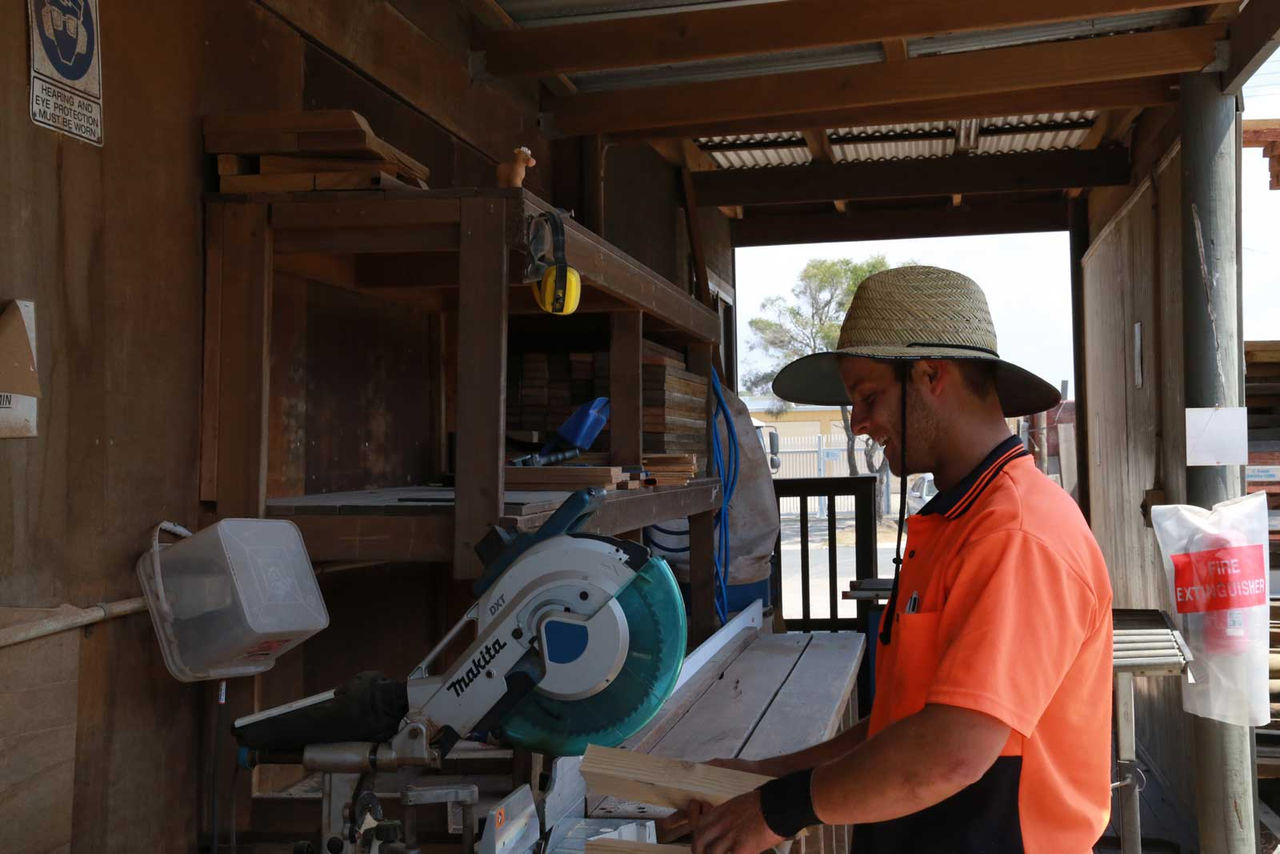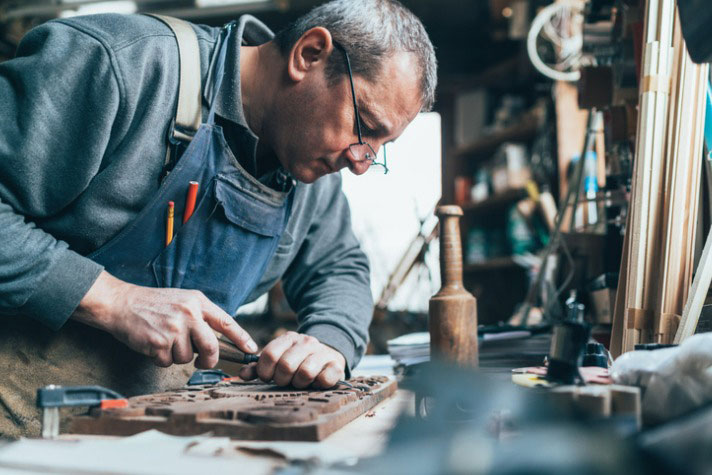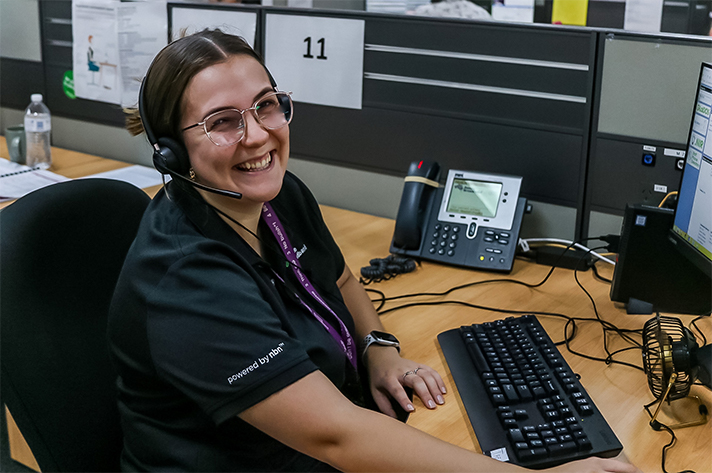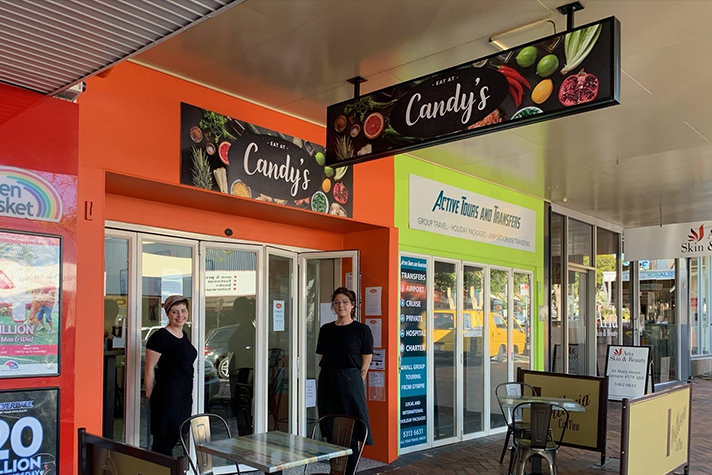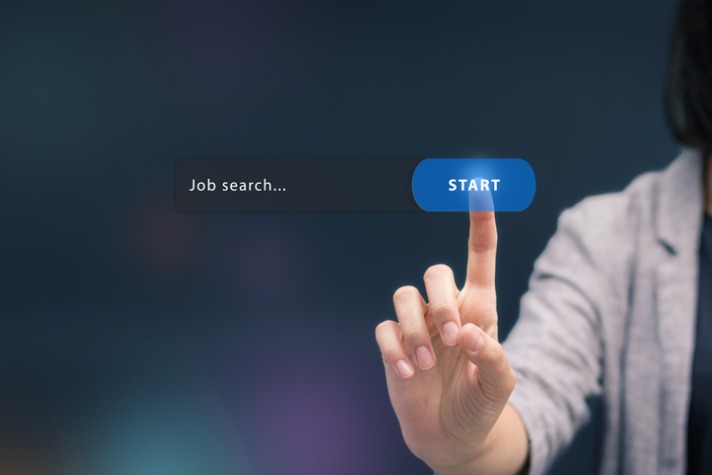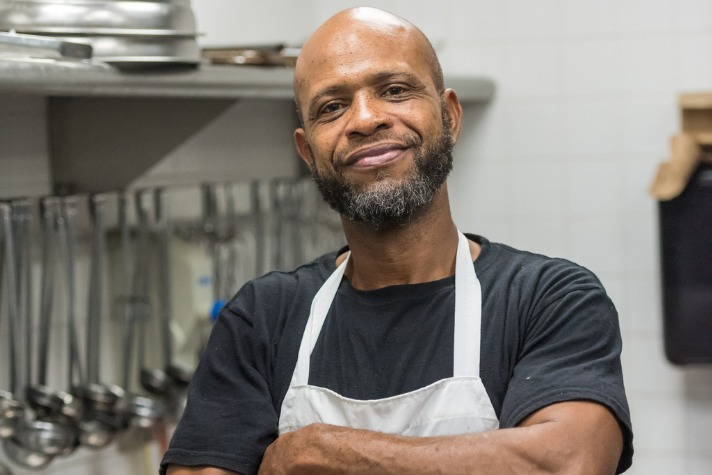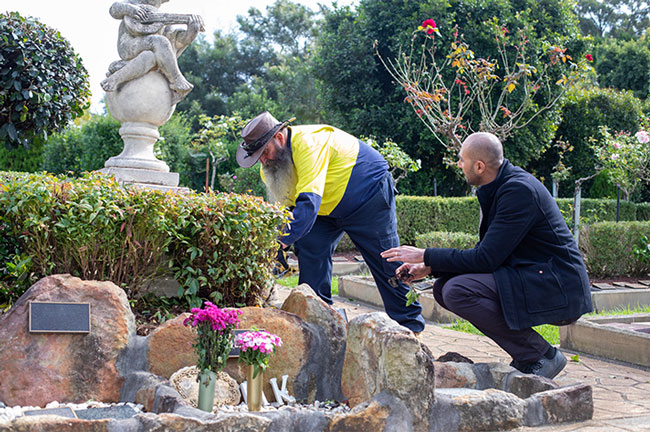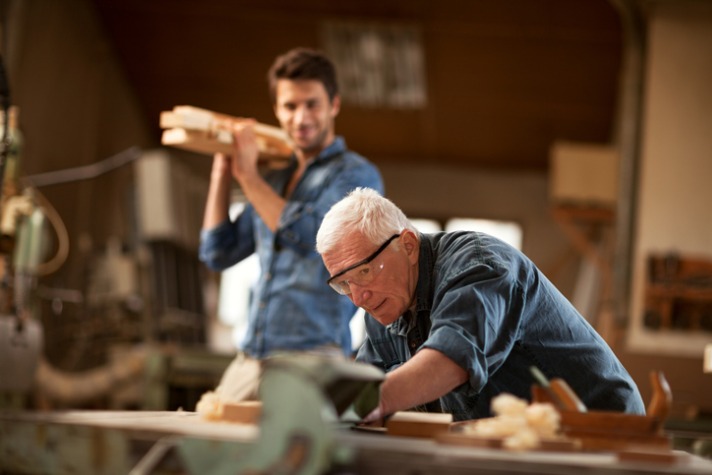The next act for creative industries workers
Published by MAXSolutions on June 03, 2020

As the COVID-19 restrictions begin to ease, and Australians start to relax into the ‘new normal,’ many people from the performing arts and music industries wait side stage, uncertain of when the next act for those in the creative industries workers will begin.
Theatrical and music productions and other large scale creative and cultural events were among the first to be suspended as group gatherings were restricted to 500 and then 100 people before being completely shut down.
The creative industries operate in what’s referred to as the ‘gig economy’ – with most workers freelancing and moving from gig to gig. ArtsHub claims that a whopping 76% of artists are freelancers. Freelance workers are caught in the middle, unable to claim the Government’s JobKeeper payment and unsure when the industry will be allowed to safely resume operations and hire again.
An unexpected intermission
Creative arts workers include theatrical performers, musicians, lighting and sound engineers, photographers, videographers, make-up artists, producers and directors, and everyone in between.
Many thousands of people behind the creative and cultural experiences we’re all used to enjoying find themselves in an unexpected career halt.
Rhonda Binnie, Director of the Ritz Performing Arts Studio in Brisbane has been in the business for over 35 years. She says she’s never seen anything like this devastate the industry she loves so much. Having nurtured many dancers through their formative years and into professional careers, her heart breaks for those alumni that have no work.
“Each of our former students who work as professional performers overseas have all come home,” says Ms Binnie. “Each has a different story, but most have moved home with their parents to regroup, and figure out what’s next, she says.”
Robbie McMillan had been performing in “White Christmas” on the West End in London up until January and was preparing for a new production when the pandemic hit. His role alongside Kelsey Grammar (of Frasier fame) in “The Boy Friend” was due to begin in Canada before COVID-19 meant the entire production was cancelled.
“I was excited to be rehearsing again after a few weeks off, and then in mid-March we were told that productions were being cancelled as theatres were forced to close,” says Mr McMillan.
“I had to change my priorities and figure out the best thing to do. I decided to come home to Australia and be with my family,” says Mr McMillan who is now living on Queensland’s Sunshine Coast.
So what lies ahead for those, like Robbie, who feed and nurture our society’s appetite for creative expression?
A side gig
Ms Binnie is confident that many workers in the creative industries have secondary skills and experience – a necessity born out of the nature of the gig economy. Because creative work can’t be guaranteed, many have a fall back, something they know will put food on the table when the gaps between gigs are a little long.
So, while many move home or with friends, and make the most of government support payments like the JobSeeker Payment, still others look to make use of those secondary skillsets to help make ends meet.
If this is you, it may be obvious, but capitalising on skills and job experiences you have had outside of the creative industry for a time may help you get through. If you’ve worked in any other area such as hospitality, administration or landscaping, pivoting to a role in that area for a time will be an obvious option to get you through this period.
A new role to play
For those without that secondary skill or seeing limited vacancies available, it might be time for a short-term costume change.
If it feels like the bright lights and following your creative passions is all you’ve ever known, it might be time to really examine what skills you can bring to the table, skills you can transfer to another role for a time.
The Australian Government has developed Skills Match, a tool designed to help people just like you who are looking to change roles (even if it’s short term). When you enter the jobs you’ve done in the past, Skills Match will help you identify the skills you will have likely built in those jobs and based on those, give you ideas of different jobs you might be able to transition into.
Understanding the range of skills you already have (things you might never have thought about before) should also give you the confidence to speak with potential employers about the things you have to offer a new role.
You can also see a list of the industries hiring right now for some added inspiration.
Learning new lines
If you’re struggling to see where you might fit in, completing a short course might also provide you with some options. If you can find something that will not only support you into work during this time but also set you up for work during gig gaps in the future, you’ll have invested this time wisely.
Take a look at the courses we have on offer, and see if there is a short course or vocational training course to kick start your side gig: www.maxsolutions.com.au/find-a-course.
A foray into the audience
Some performers are using their time and energy to connect with audiences virtually.
During his unexpected intermission, Robbie McMillan decided to share his skills with his followers online. “I’ve started teaching my own class “Industry Jazz” every Sunday at 11am on Instagram Live in association with online dance network, Magnetic Movement,” says Mr McMillan.
If you’re anything like Robbie, you won’t be able to shut down the creativity just because your industry has shut down. “I don’t know anything else, dance and choreography just flow out of me,” he explains.
For him, offering the free online classes is not only providing an outlet for his innate creativity, but increasing his following, particularly in the UK where he’s based. Increasing his profile and giving of himself in this way has also led to teaching job offers and he plans to head back to the UK later in the year to explore some of these opportunities.
Like Robbie, consider harnessing the creativity that fuels you by producing blogs, vlogs and online tutorials or other content to connect you with audiences and potential employers.
Sharing what’s in your hand with others online, whether it be a dance classes, acting workshops, make-up tutorials, videography tips, experiences you’ve had with lighting, an opportunity for people to act out your short theatre script from their own home (encourage them to share their videos with a common hashtag), a comedy sketch, or a picture book about feelings during the pandemic if you’re an illustrator.
Whatever your passion, wherever your creative abilities lie – you have something to offer. If you didn’t, you wouldn’t be in this unexpected intermission.
The benefits of this are trifold:
(1) providing a satisfying outlet for your creative mind,
(2) engaging with and giving back to potential future audiences or customers (you never know where this might lead), and
(3) creating a point of difference when it comes to filling this gap on your resume. Sharing innovative, encouraging or creative things that you did for others in the community during the COVID madness is likely to impress a future casting director, producer or employer of any kind. This is the kind of resume filler that will set the spotlight on your application when it’s time for the show to go on.
The Next Act
So just when will the lights turn again on for the creative arts industries including live theatre and music in Australia?
Right now it’s unknown, however many are hopeful it will be sooner than early predictions of the end of 2021.
In Victoria, the state with some of the nation’s strictest COVID-19 regulations, theatres, concert and performance venues, including cinemas, can soon open with up to 50 patrons if 1.5m physical distancing is adhered to and there is at least four square metres per person.
Darwin’s Brown’s Mart Theatre will be the first Australian theatre to re-open on Friday June 5th. While the theatre will be configured and operate a little differently in order to minimise the risk of infection, it’s another step towards the rebirth of the creative industry.
Live performances can also be live streamed, meaning persons involved directly in the production of creative and musical performances can already be working.
While it may be some time indeed until we are attending creative and musical performances en masse, like all industries the creative arts will gradually resume normal operations and the number of job opportunities will continue to grow.
For some creative workers, heading overseas as restrictions ease may open up opportunities sooner local opportunities.
One of the best things about people in the creative arts industries is their inherent creativity and resilience – and harnessing these attributes will be the key to keeping you going until the curtains draw and the second act begins.
If you need support as you look for work during your intermission, the MAX team may be able to help you. Contact our team on 1800 603 503 to find out more.
Break a leg.
The support act
This is a difficult time. Support Act’s Wellbeing Helpline is available for people in the contemporary music and performing arts sectors. The Wellbeing Helpline is a free, 24 hour, confidential service staffed by professional clinicians familiar with the unique challenges faced by people working in the arts sector. Connect with Support Act here: supportact.org.au/wellbeinghelpline or by calling 1800 959 500.
Tags
Found this useful?
Help and advice
Our blogs are about helping people seek the information that they need for their steps in the workforce.




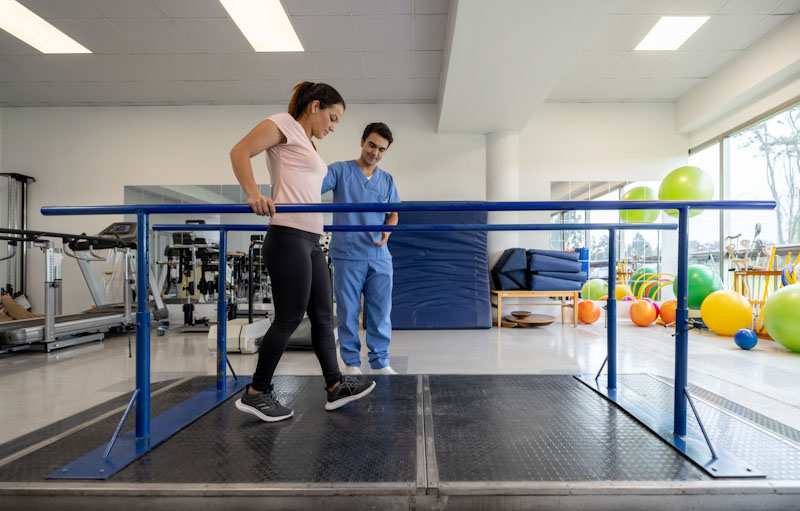

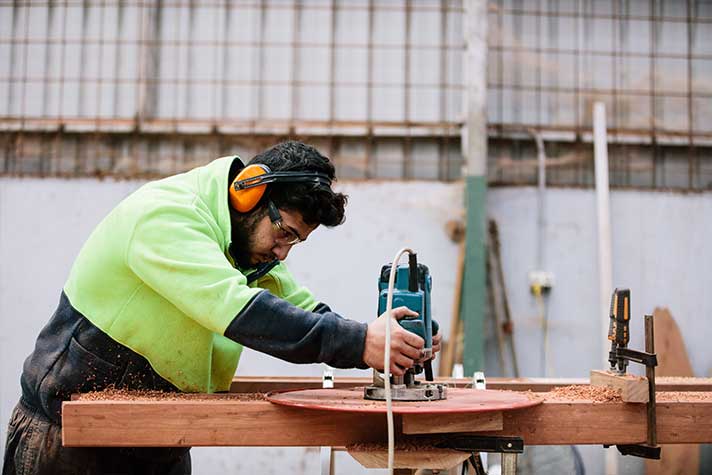

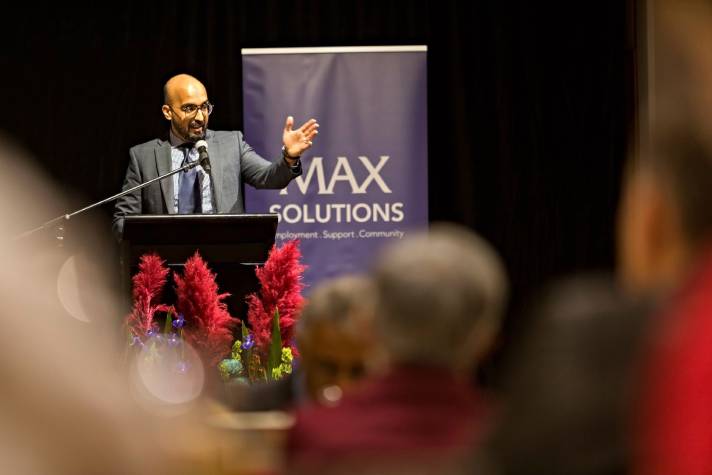
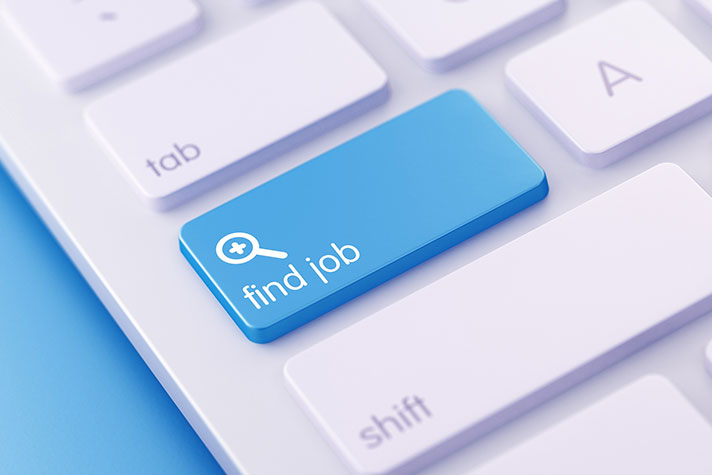




_1.jpg)
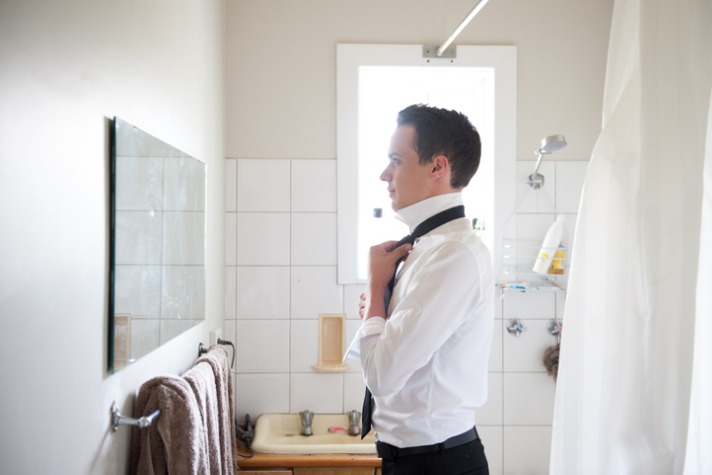


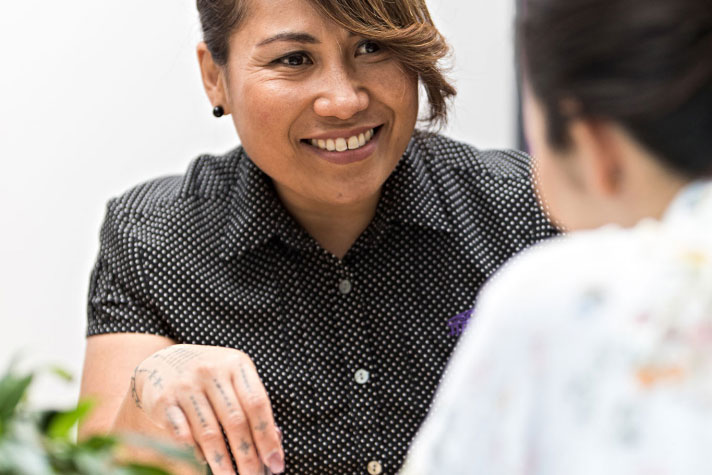
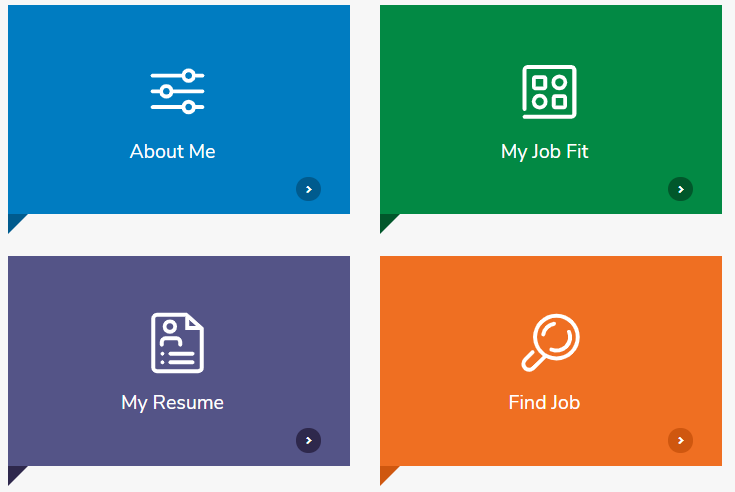

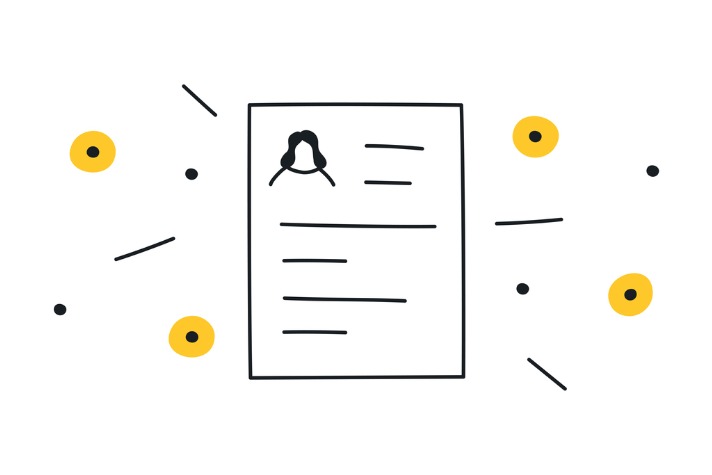


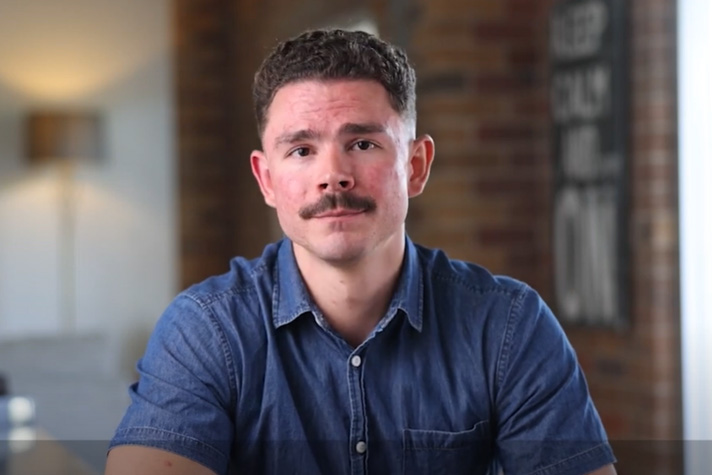
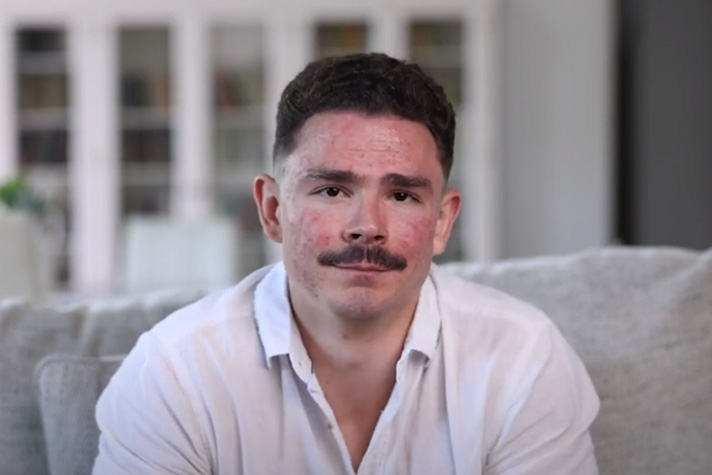

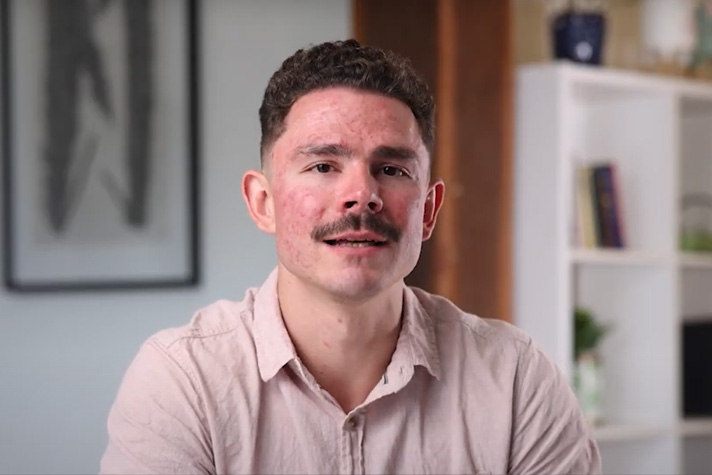




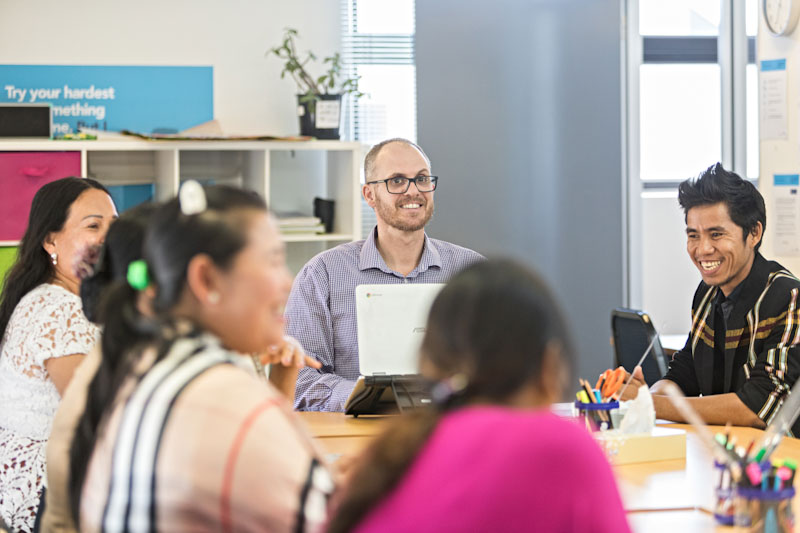

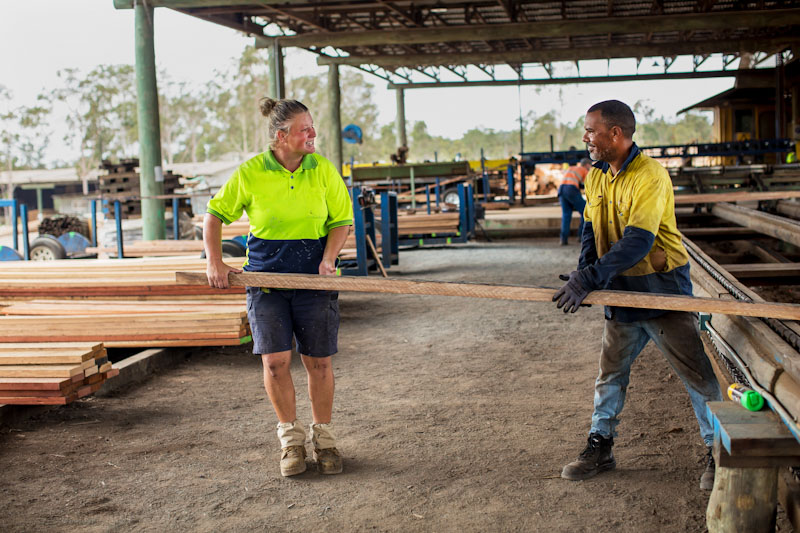
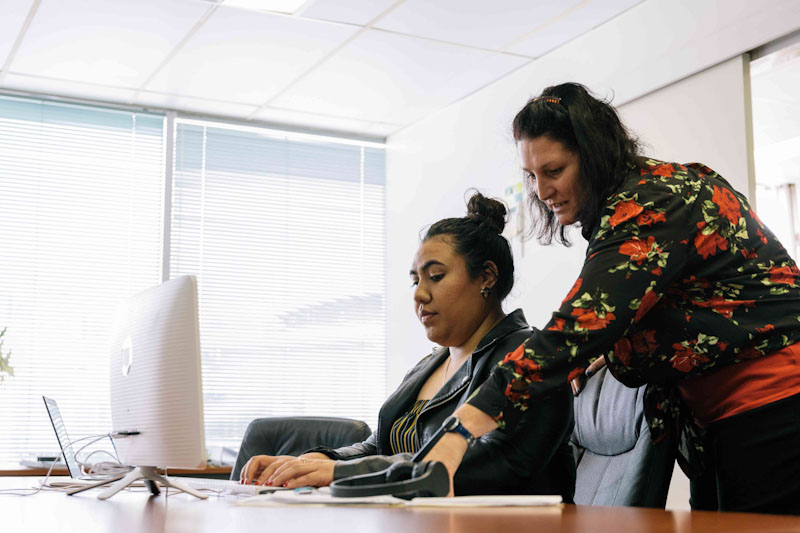


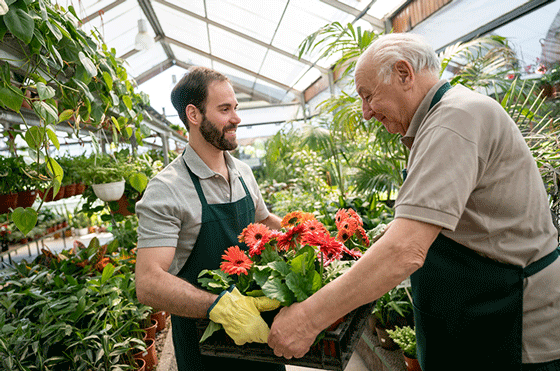

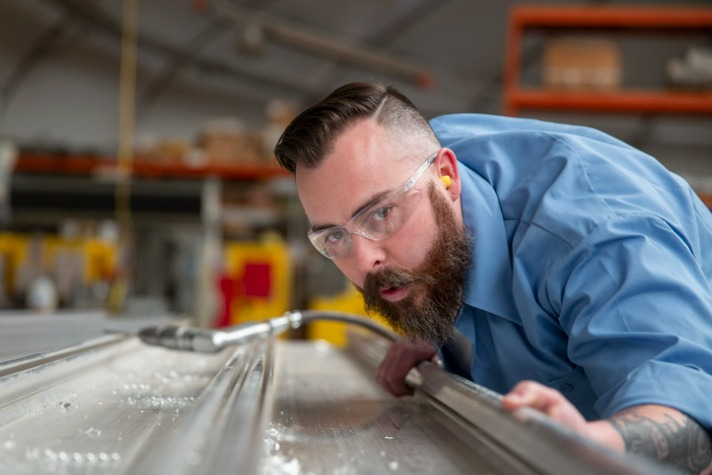


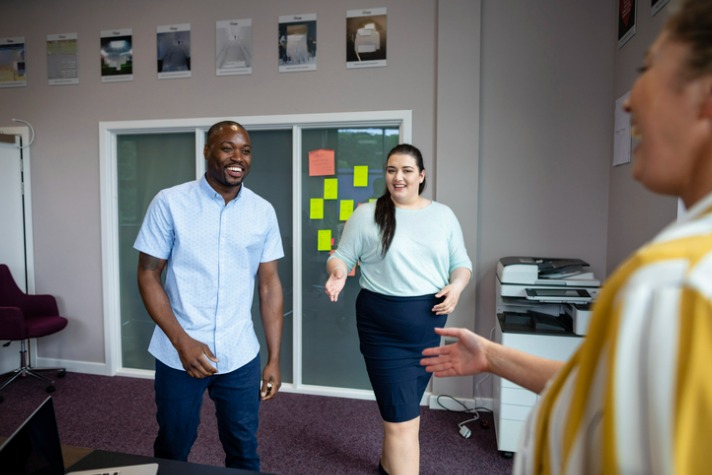
.jpeg)
